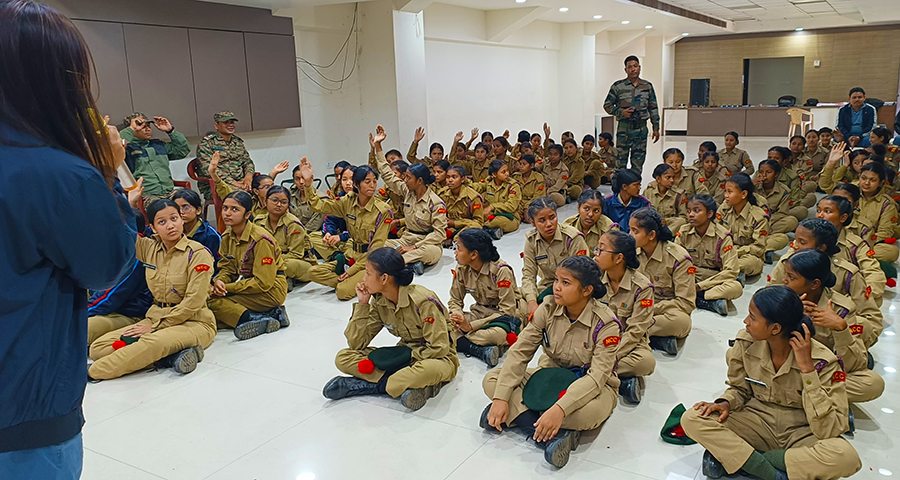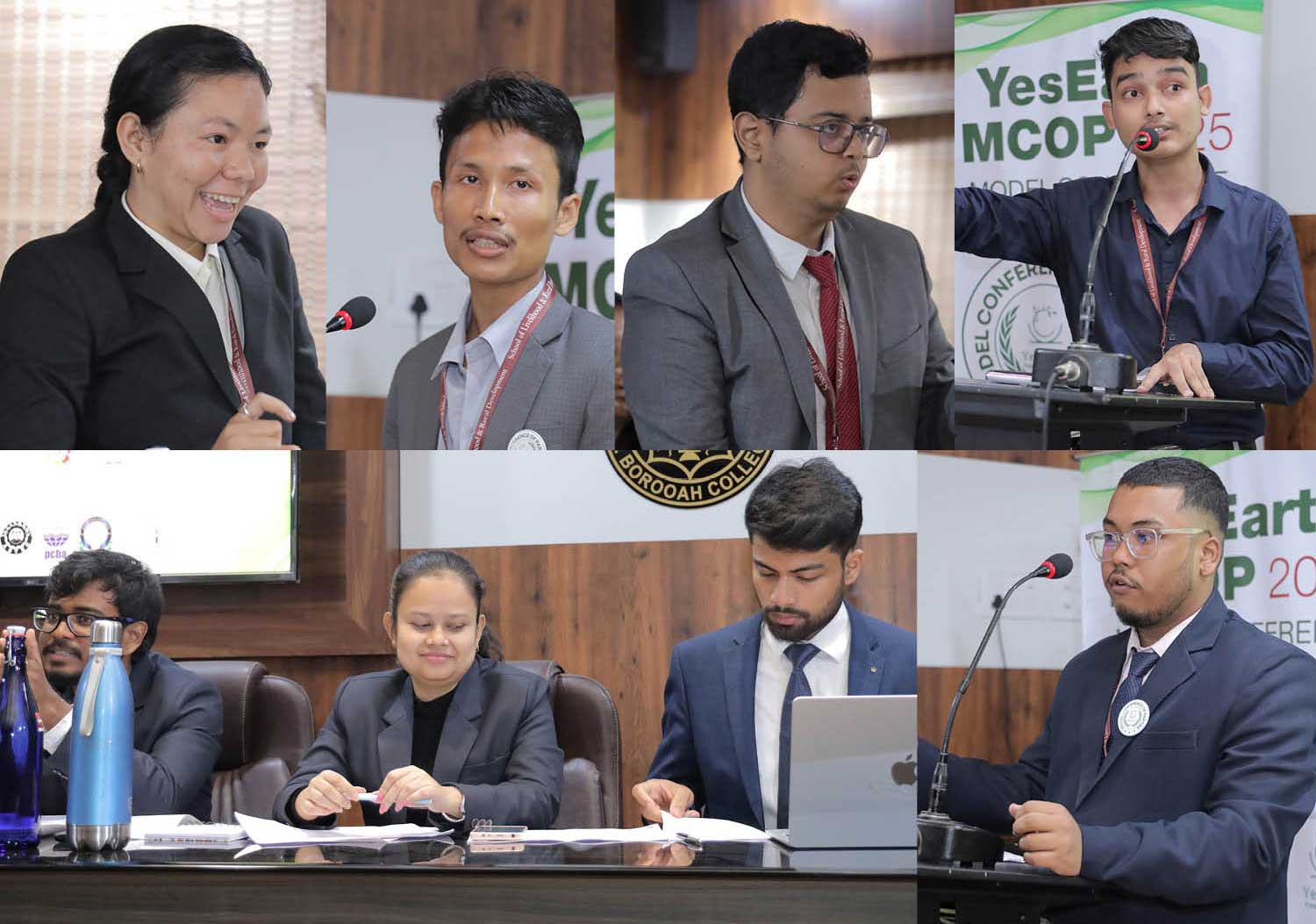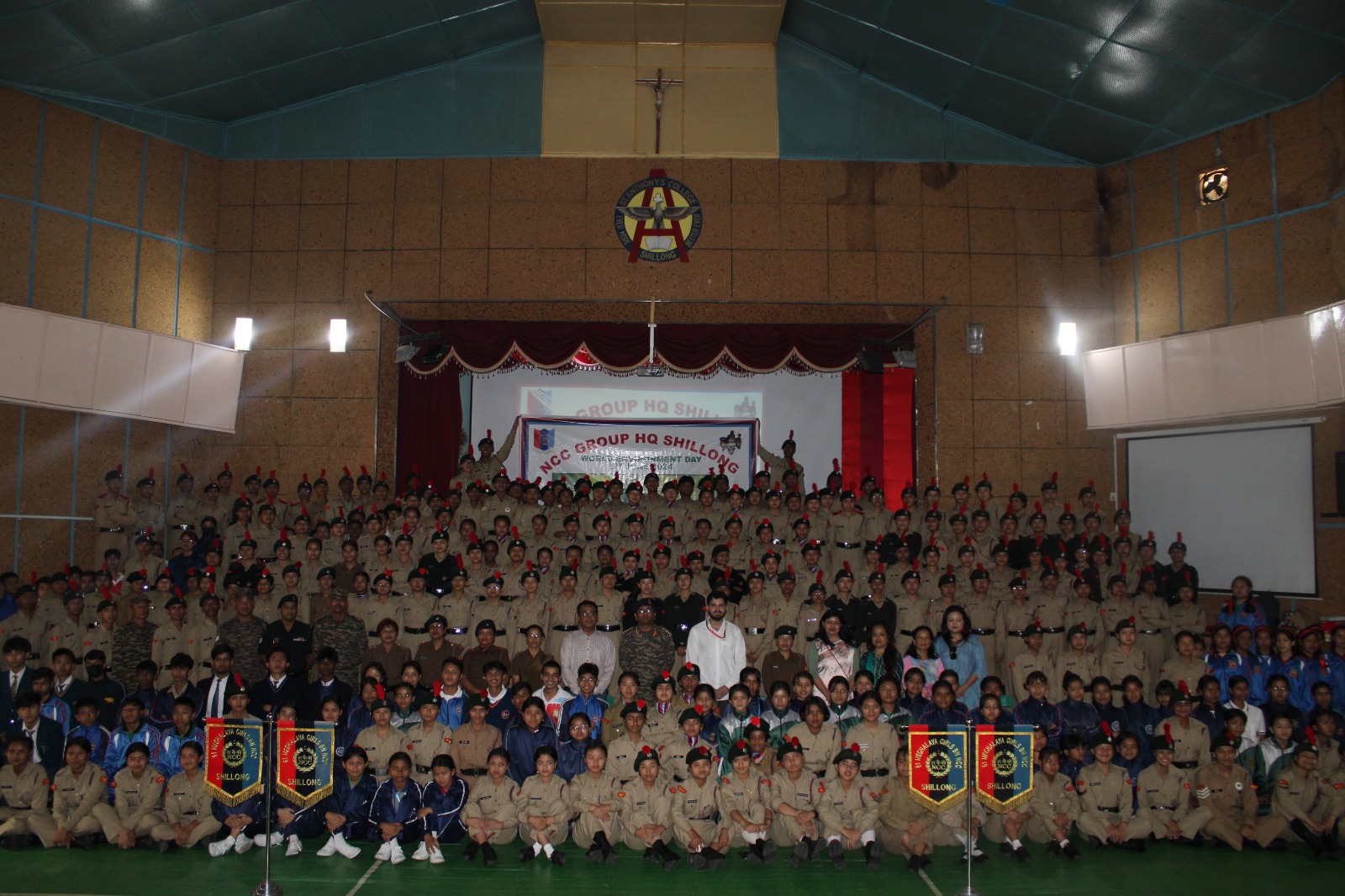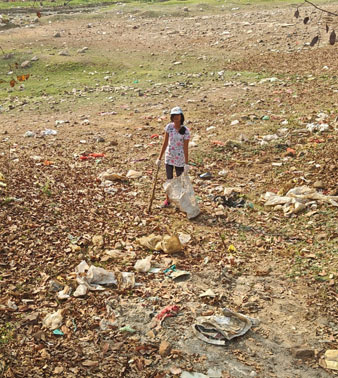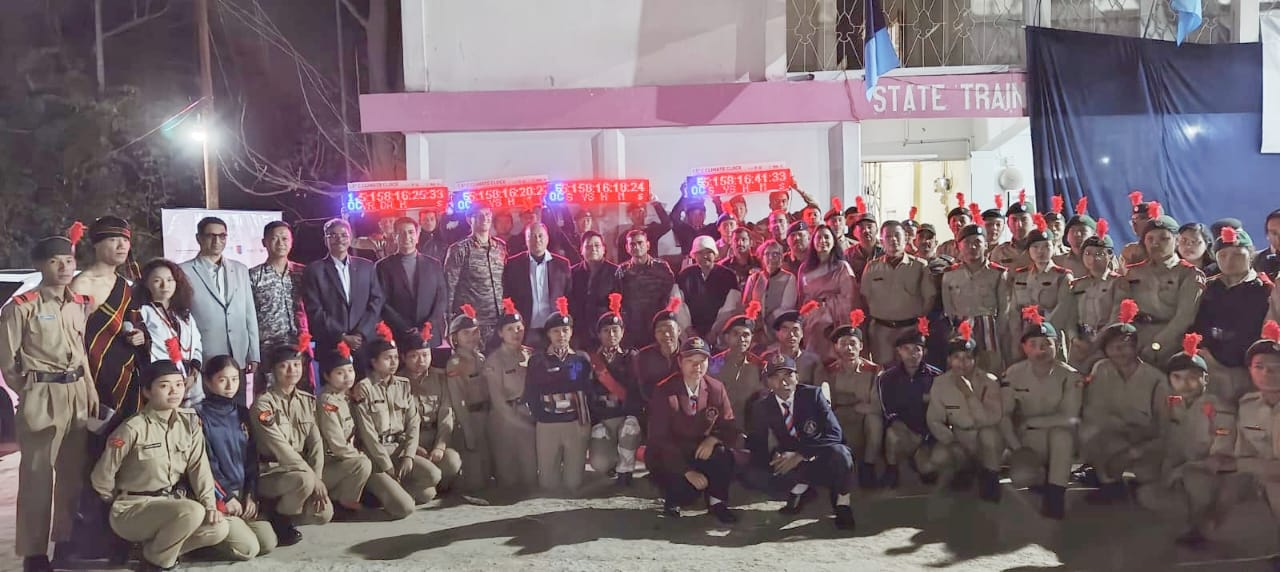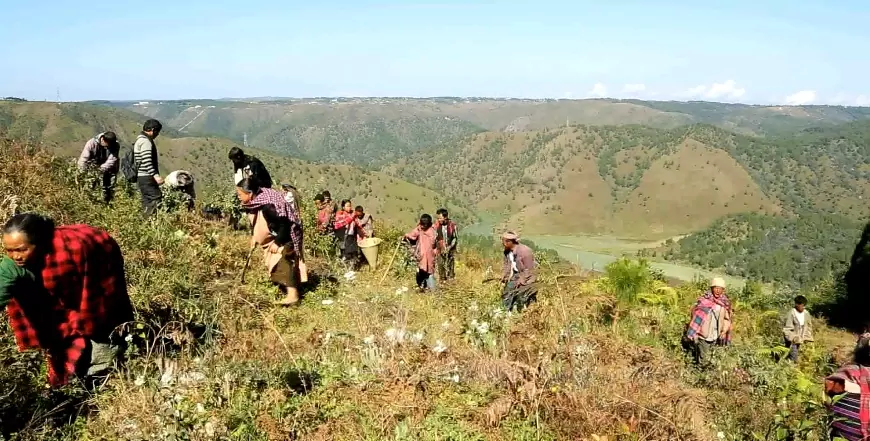The Khasi Hills Community REDD+ Project
The Khasi Hills Community REDD+ Project located in the state of Meghalaya, Northeast India spans over 27,000 hectares and deploys strategies for both forest protection (Reducing Emissions from Deforestation and Forest Degradation, or “REDD”) and restoration (Assisted Natural Regeneration, or “ANR”). Since 2011, the project has protected and restored of forests, and verifiably avoided tonnes of CO2 emissions. The project also provides detailed and long-term plans for improving the livelihoods of households, most of which live below the poverty line.
In 2013, the project made its first $25,949 in community payments for 5,695 tonnes of carbon dioxide emissions reductions. Through 2021, the Khasi project has paid $350,450.74 to communities and approximately 7,262 families and has invested $253,894.85 in forest conservation and management. It is one of the first REDD+ initiatives in Asia to be developed and managed by indigenous governments on communal lands, and serves as a promising proof-of-concept which could be replicated in other parts of Northeast India.
Source:
https://cotap.org/projects/khasi-hills-india-community-redd-carbon-project/

